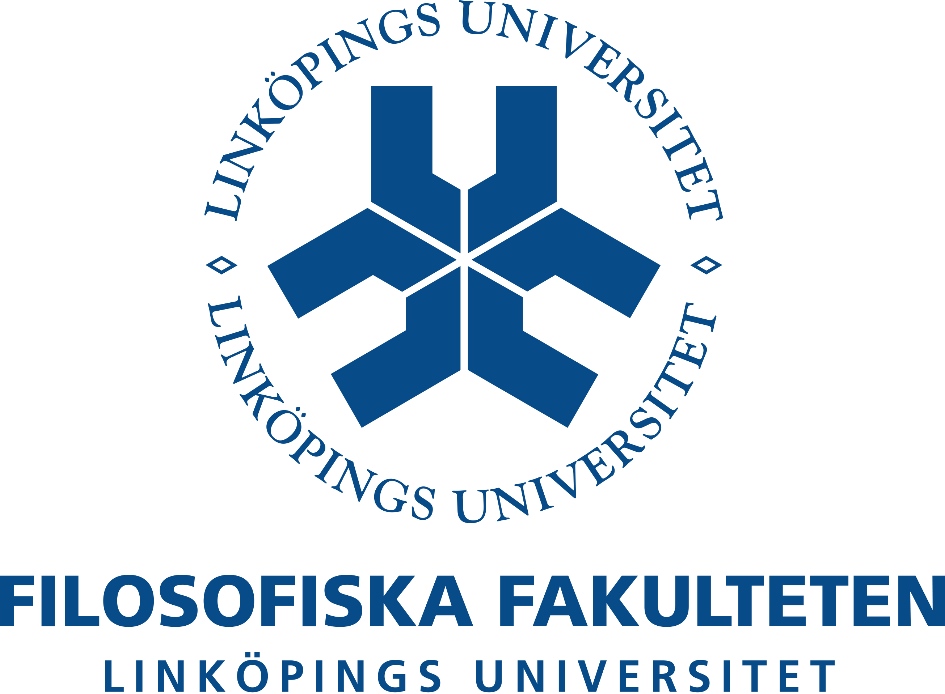
|
Visa engelsk kursplan |
|
Kurskategori Master´s Programme in Health and Society and Phoenix EM Dynamics of Health and Welfare Huvudområde Hälsa och samhälle - HOA Ämnesområde |
Kurskod | 737A42 |
- have acquired understanding of the theories and works introduced during the course,
- analyse and discuss these theories and works orally and in writing,
- besides with the obligatory course literature, independently be able to search and use other references of relevance for questions related to the themes of the course,
- be prepared to analyse and discuss the said theories and works in relation to relevant examples within the field of knowledge
The course content comprises weekly sub-themes regarding specific works and theories from different disciplinary perspectives and traditions. The themes are chosen with the starting point in the works of authors who have had a significant impact on the interpretation and understanding of relations between health and society in different social and cultural contexts.
Weekly sub-themes regarding specific works and theories from different disciplinary perspectives and traditions.
Single themes can be changed before the start of the course depending on the development of the research front and available competence in the teaching staff.
Students failing an exam covering either the entire course or part of the course two times are entitled to have a new examiner appointed for the reexamination.
Students who have passed an examination may not retake it in order to improve their grades.
Studerande som underkänts två gånger på kursen eller del av kursen har rätt att begära en annan examinator vid förnyat examinationstillfälle.
Den som godkänts i prov får ej delta i förnyat prov för högre betyg.
Applicants must, by the closing date for application, hold a bachelor's degree/kandidatexamen (equivalent for example a professional degree) of at least 180 ECTS credits, including a 15 ECTS credit degree paper or equivalent.
Documented knowledge of English equivalent to "ENGELSKA B" is required, or an international proficiency test, e.g. TOEFL, minimum score 550/213. iELTS: at least overall score 6.0.
All applicants must show in-depth studies for at least one year in a field relevant for the course such as sociology, history, philosophy, epidemiology, public health, and ethics. Studies in medical and natural sciences may be accepted, if considered a relevant background for the course.
Kursen bedrivs på ett sådant sätt att både mäns och kvinnors erfarenhet och kunskaper synliggörs och utvecklas.
|
||||||||||||||||||||||||||||||||||||||||||||||||||||||||||||||||||||||||||||||